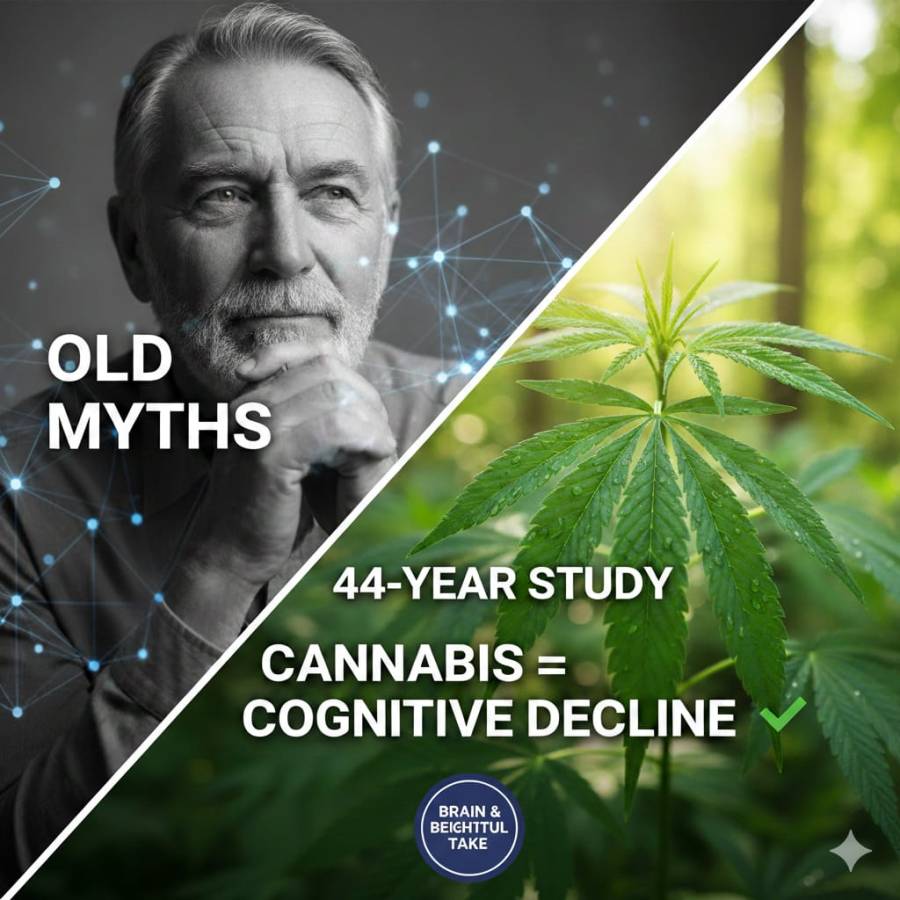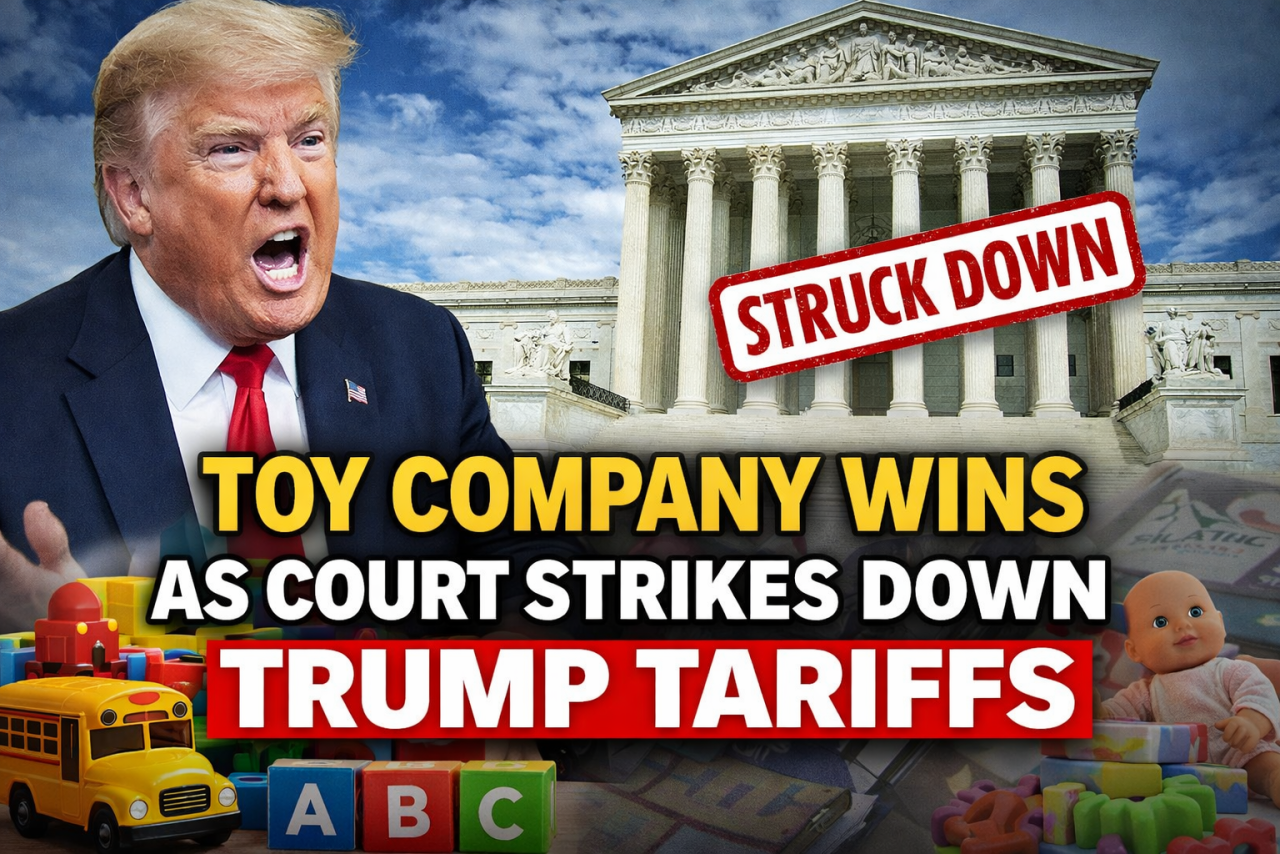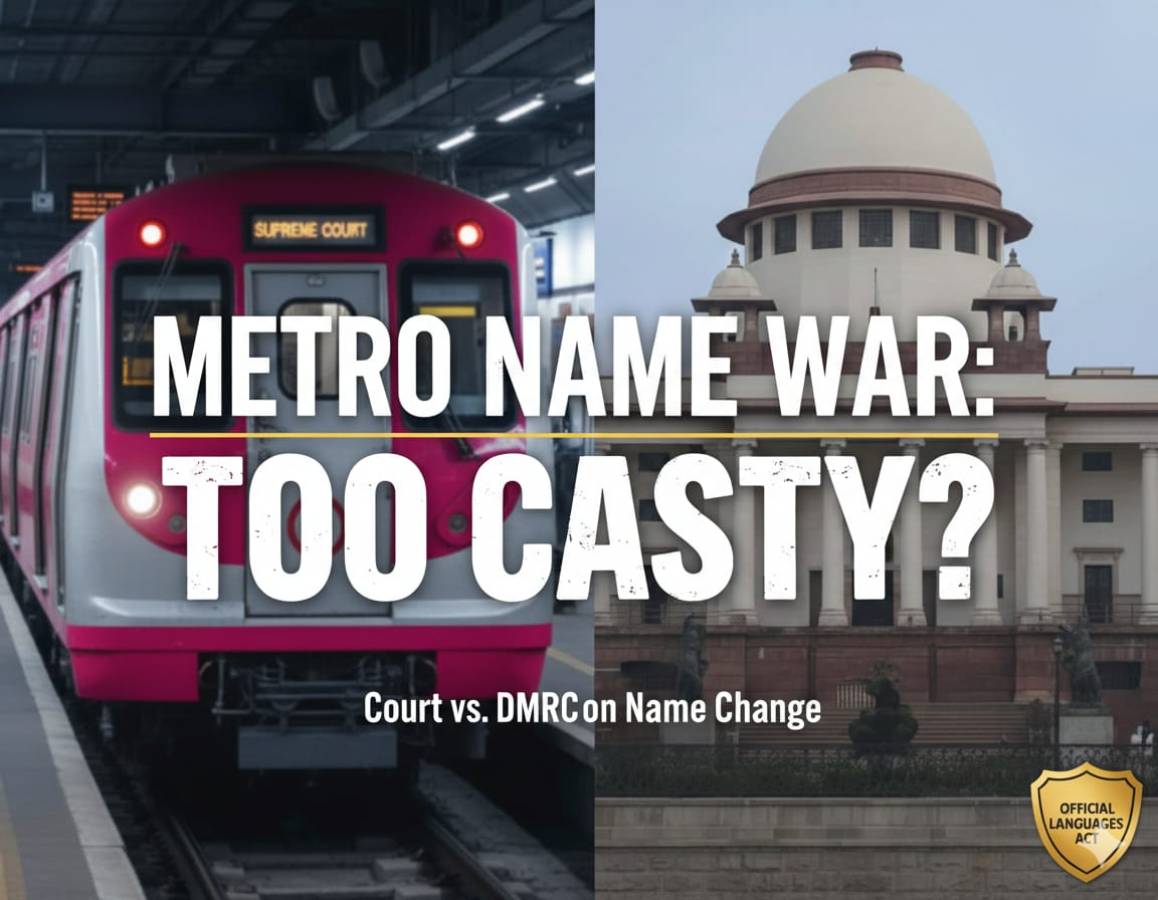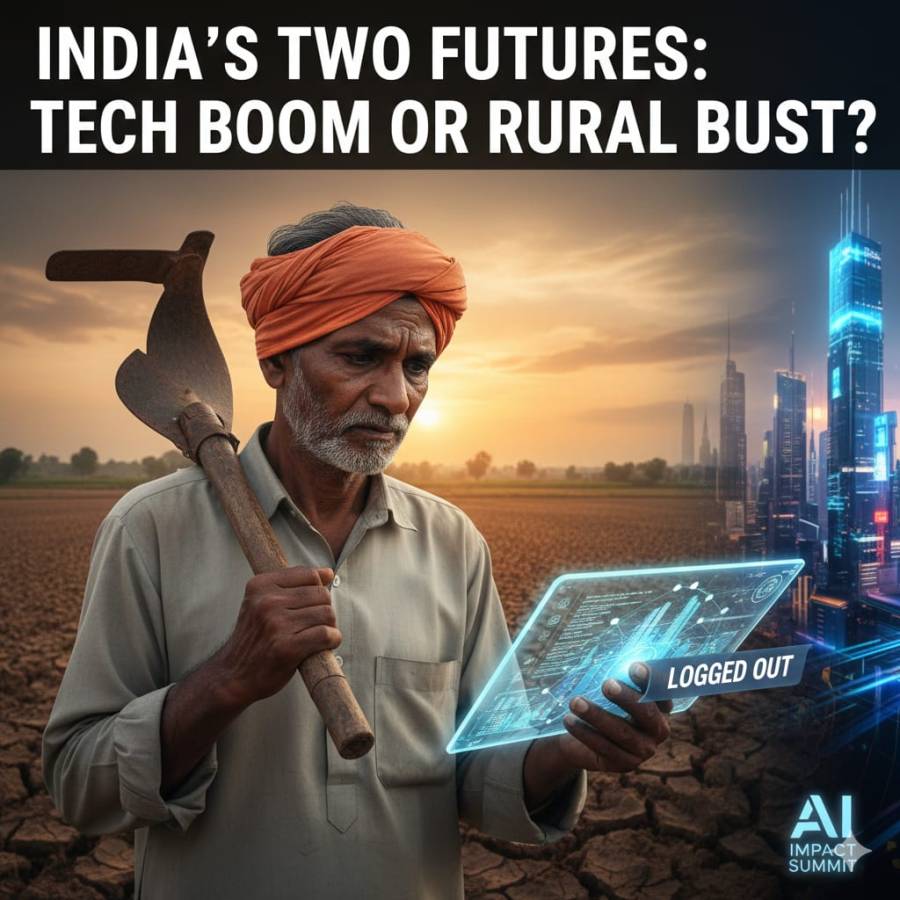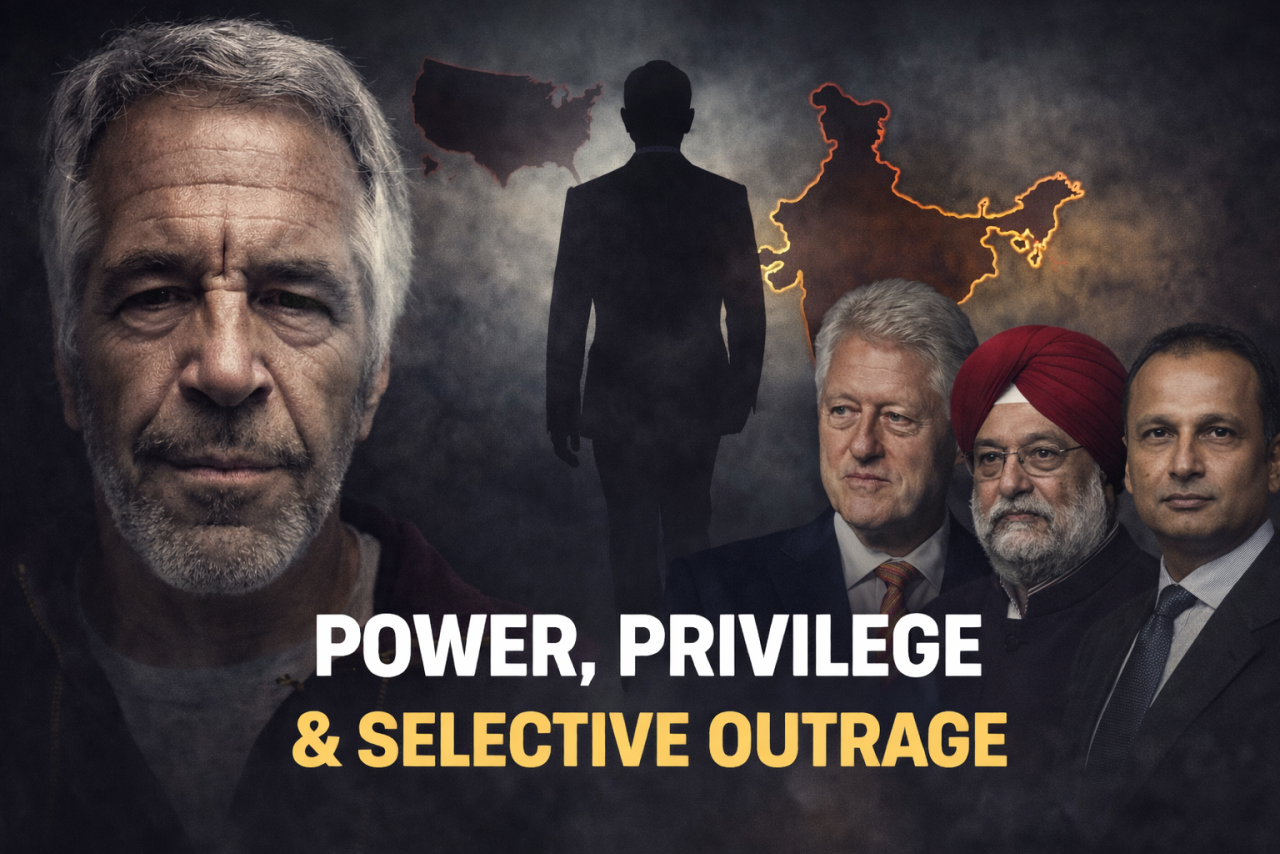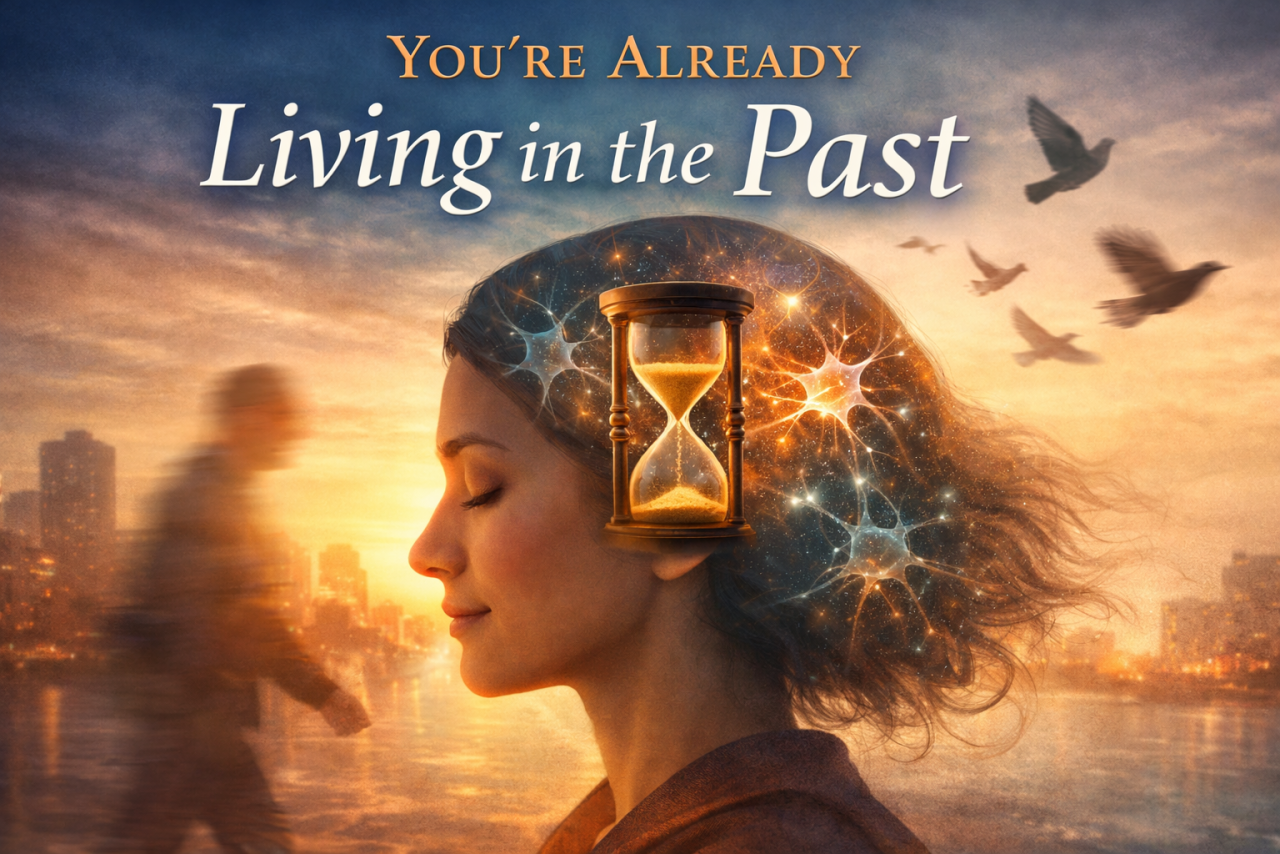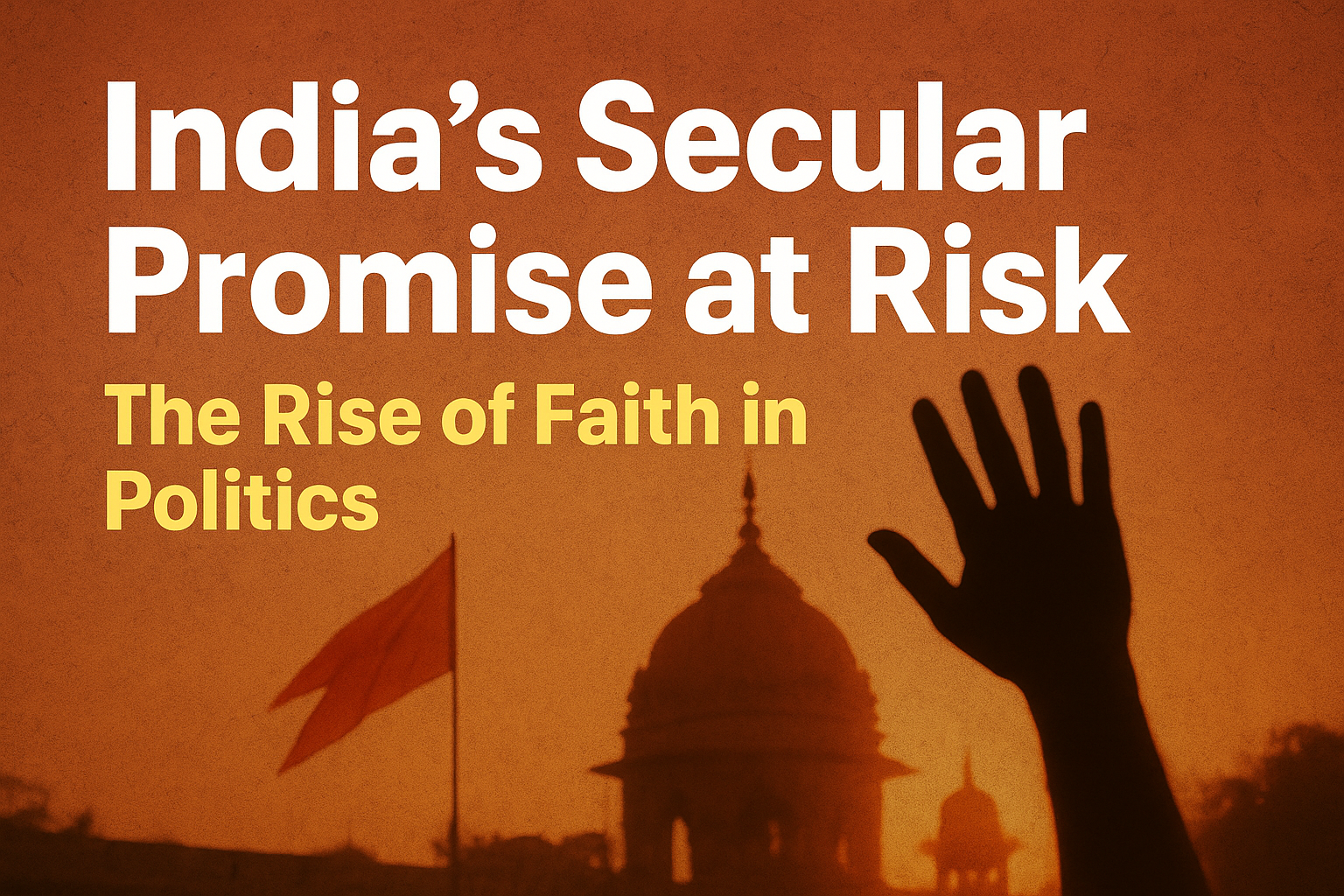
Democracy is meant to be the people’s voice, expressed through institutions, debate, and consent. But when religion takes the wheel, the road ahead turns perilous. A system designed for inclusion begins to exclude, and elections shift from contests of ideas to contests of identity.
It never arrives with a bang. It creeps in — a poster drenched in religious symbols, a sermon quoted at a rally, a leader invoking god on stage. Soon, speeches stop addressing jobs, schools, or healthcare and circle instead around temples, mosques, conversions, and shrines. What should have been a forum of equal voices is dragged into the pulpit. India, a secular republic by design, now finds its politics so saturated with faith that even television debates appear tinted by it.
The Numbers Behind the Drift
The figures speak bluntly. Hate crimes against minorities in India rose by more than 300% between 2014 and 2020, according to multiple rights trackers. During the same period, youth unemployment has remained stubborn, reaching 17% in 2024 (CMIE). Instead of dominating campaigns, these bread-and-butter issues are drowned out by arguments over faith.
The pattern is clear: when religion becomes the axis of politics, livelihoods are sidelined, and loyalty to faith becomes the currency of democracy.
Marx’s Warning Resurfaces
Karl Marx once called religion the “opium of the people.” He wasn’t mocking belief; he was describing how faith soothes suffering but can also be used to dull dissent. In politics, that comfort mutates into control. Leaders find it easier to summon crowds with chants of faith than to answer hard questions on governance.
The real struggles are buried under disputes over temples and mosques, while inequality goes unchallenged. Rarely do we hear leaders speak of why jobs are scarce, why education fails to equip youth with skills, why academic sessions are delayed, why institutions starve for funds, or why hospitals remain too few — whether in rural districts or sprawling cities.
India’s Decade of Faith-Driven Politics
Nowhere is this clearer than in India over the past decade. Campaigns drip with religious rhetoric. Temples are inaugurated with government spectacle. Minorities are cast as threats. Yet India’s vast young population — hailed repeatedly by the prime minister as the nation’s greatest asset — faces one of the highest unemployment rates in the world.
This isn’t an abstract concern. It is lived reality. A farmer in Bihar, crushed by debt, turns on the television only to find leaders quarrelling over shrines rather than crop prices. A graduate in Uttar Pradesh searches for work while speeches thunder about religious pride.
Faith has become the grand distraction, and democracy the stage on which it performs.
Why Faith and Democracy Collide
Democracy thrives on negotiation; religion thrives on absolutes. In democracy, dissent strengthens the system; in religion, dissent often becomes heresy. When the two are fused, politics turns into a battlefield where compromise is betrayal and opponents are cast as enemies of the faith.
This is also convenient for those in power. Ask about inequality, and attention is redirected to “outsiders.” Raise corruption, and you risk being branded “anti-national.” Citizens end up divided, while rulers escape accountability.
Final Take
The answer is not to erase religion from private lives. Faith will always guide individuals, provide meaning, and offer comfort. The danger begins when it dictates public policy. Secularism, so often twisted in India’s discourse, is not hostility to religion — it is simply the state’s neutrality among faiths.
That neutrality must be defended not only by courts and institutions but also by citizens. Voters must resist the lure of religious theatre and ask harder questions: Why does a degree not secure employment? Why are public schools and hospitals in such neglect? Why does wealth pool in a few hands while millions scrape by?
Only when citizens demand answers will democracy return to its rightful course. Democracy falters when religion drives it forward. Marx’s warning still echoes: faith, when turned into a political weapon, deepens inequality and narrows freedom.
By Gautam Jha
Managing Editor















